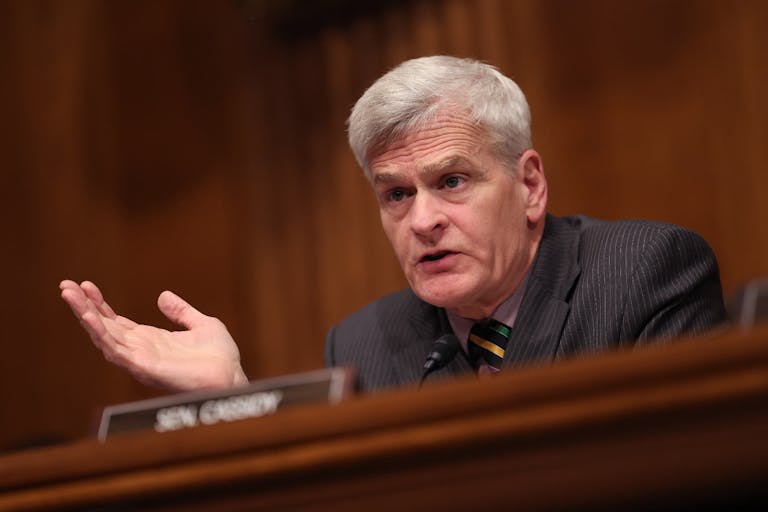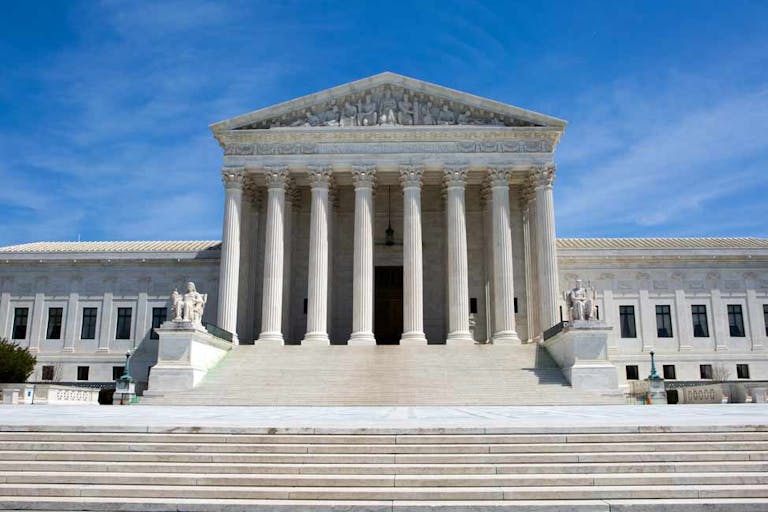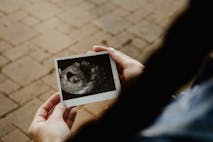
Senate committee to examine risks of chemical abortion drugs
Mark Wiltz
·
Trump administration joins others in asking Supreme Court to uphold Louisiana abortion law
The pro-life case surrounding Louisiana’s abortion law, Act 620, received a boost this week when the Trump administration submitted a friend of the court brief to the Supreme Court in favor of protecting the law. The law requires abortion providers to have admitting privileges at hospitals near their facilities. This safeguard is necessary for times in which a patient may need further emergency medical attention after an abortion. Currently, Louisiana has three main abortion facilities in operation with about 10,000 patients divided among them. Only one of these facilities fulfills the law’s requirements.
According to the Daily Caller, a Louisiana abortion facility and two abortionists have opposed the law, claiming that it places a “substantial burden” on Louisiana women’s access to abortion and their “right” to an abortion. Yahoo News goes on to explain that those opposing the law see no benefit for their patients through this law and claim it only serves as an “obstacle” to obtaining abortions. The Trump administration, however, sees things differently.
“Because plaintiffs challenging an abortion regulation bear the ‘burden to present evidence of causation’ — that is, evidence that the regulation itself, rather than other causes, had ‘the effect’ of creating a substantial obstacle to obtaining an abortion — any assertion that abortion providers are unable to comply with a regulation must be subject to searching review,” the administration’s brief reads.
READ: Admitting privileges are not ‘based on a lie.’ They’re needed due to the abortion industry’s abuses.
It was found that apparently only one abortionist had applied for admitting privileges, to just one of the nine local hospitals, and another needed only to find a “covering physician” for his practice in the case of his absence, yet he did not do so.
The administration also points out in its brief that it is inappropriate for the abortion providers to stand in as representatives for their patients when there is an obvious differing of interests:
Because the law creates compliance costs without any personal benefits for abortion providers, such providers have every incentive to see the law invalidated. For women, however, the calculus is different. The law imposes no direct costs on them, and they may see its benefits as quite significant (while viewing any indirect costs as speculative). Because plaintiff abortion providers have different and potentially conflicting interests, their suit does not provide assurances that Louisiana women themselves would have chosen to sue and to frame their suit in the same way if the providers had not sued.
In other words, the Trump administration and others believe those opposing the law have no standing to do so.
Oral arguments in the case are set for March 4th.
“Like” Live Action News on Facebook for more pro-life news and commentary!
Live Action News is pro-life news and commentary from a pro-life perspective.
Contact editor@liveaction.org for questions, corrections, or if you are seeking permission to reprint any Live Action News content.
Guest Articles: To submit a guest article to Live Action News, email editor@liveaction.org with an attached Word document of 800-1000 words. Please also attach any photos relevant to your submission if applicable. If your submission is accepted for publication, you will be notified within three weeks. Guest articles are not compensated (see our Open License Agreement). Thank you for your interest in Live Action News!

Mark Wiltz
·
Issues
Cassy Cooke
·
Analysis
Angeline Tan
·
Analysis
Nancy Flanders
·
Analysis
Nancy Flanders
·
Analysis
Cassy Cooke
·
Pop Culture
Elle Kay
·
Abortion Pill
Elle Kay
·
Issues
Elle Kay
·
Analysis
Elle Kay
·
Newsbreak
Elle Kay
·